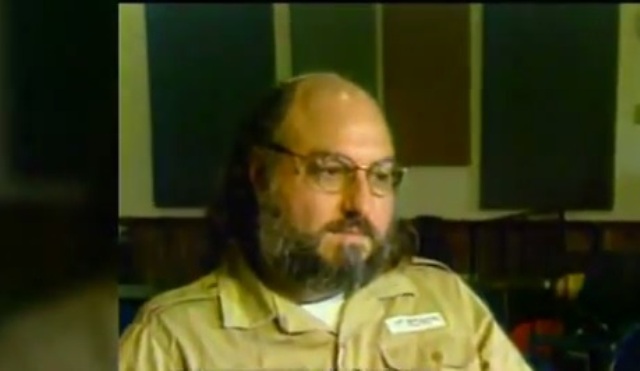Reports indicate that American-Israeli Jonathan Pollard, imprisoned in the US for 30 years for espionage, may be released this year.
Will Jonathan Pollard be released from US prison after 30 years of incarceration? Reports emerging over the weekend indicate that the Obama administration is seriously contemplating such a move.
The Algemeiner quotes a Department of Justice official who said the US is “seriously” considering the release of Pollard later this year, possibly in November.
The source stresses that the release is not connected in any way to the Iran nuclear deal, saying there will be “no special exemptions.”
Pollard, a former US Navy intelligence analyst, was arrested in 1985 and jailed in 1987 after admitting to having passed classified information to Israel. He may be released on November 21, when his 30-year term will be up and he would be eligible for parole, according to the source.
Despite several media reports on the issue, Eliot Lauer, one of Pollard’s attorneys, told the Times of Israel Friday that he received no indication of his client’s release.
Pollard, who turns 61 is August, has suffered from a series of health-related issues over recent years, which has brought an increase in the lobbying on his behalf.

Demonstrators hold signs of Jonathan Pollard as they attend a protest calling for his release. (Miriam Alster/Flash90)
According to some reports, he was supposed to be released last year as part of the diplomatic process between Israel and the Palestinian Authority (PA), but the deal fell through.
Last November, a group campaigning for his release said a parole board denied a request to free him after American officials said it would “send the wrong message.”
There have been previous reports of Pollard’s pending release, but Israeli officials assess that the current report may actually be solid, as the US would have to work hard to find a reason to keep him behind bars.
Pollard is the only American ever to receive a life sentence for passing classified information to an ally of the United States.
Eight former leading US security officials and statesmen sent a letter of protest to US President Barack Obama last November in which they blasted the “unjust denial of parole” for Pollard and criticized the “deeply flawed” process.
In recent years, numerous former US government officials, including former Secretaries of State Henry Kissinger and George Schultz and former US Vice President Dan Quayle, have called for Pollard’s release, saying his punishment was disproportionate to the crime committed – spying for a friendly country. Other American spies, some of whom have even caused the death of Americans, have received shorter prison terms.










